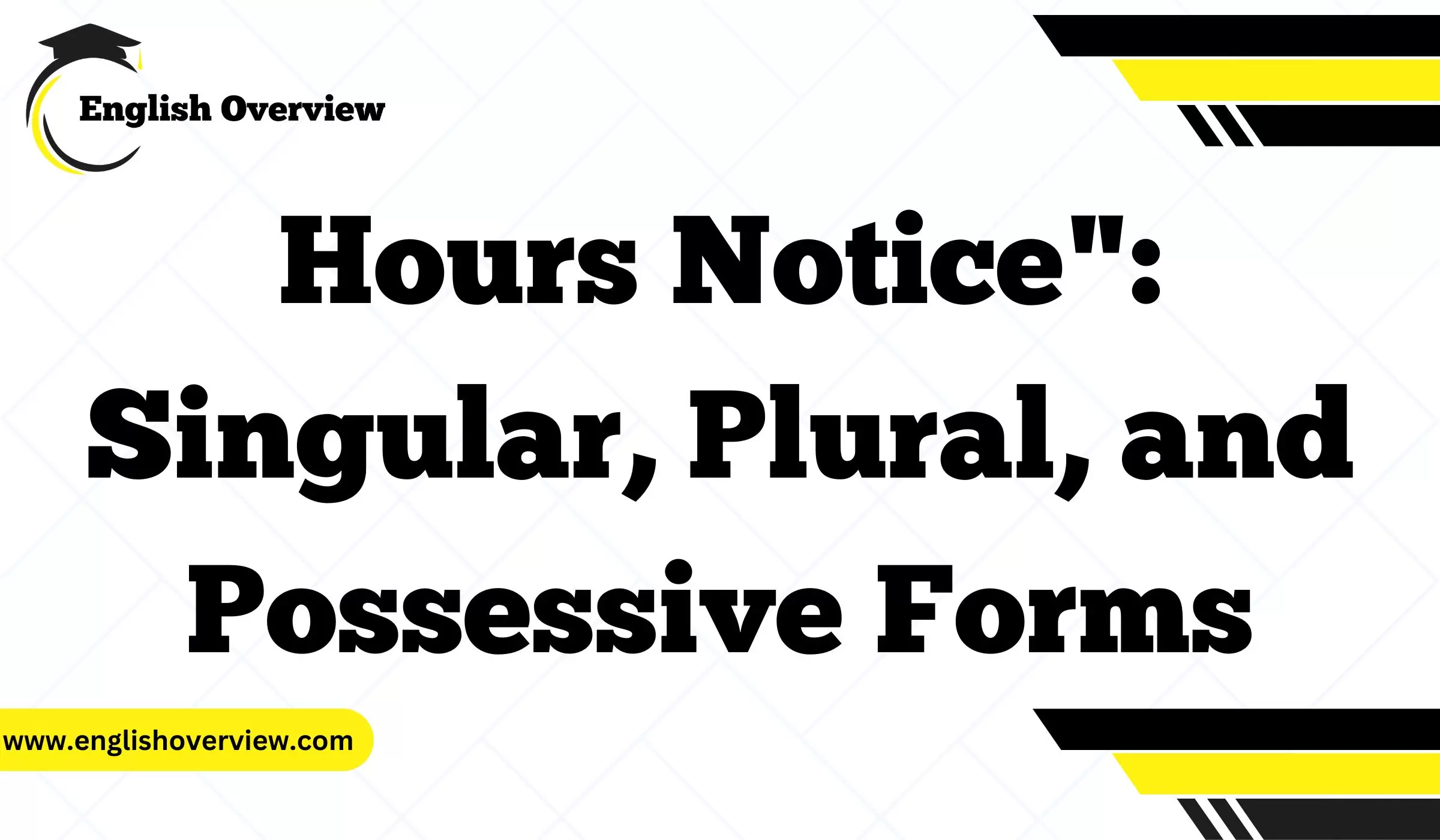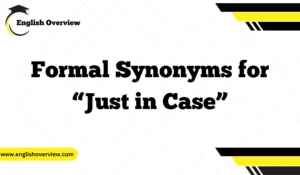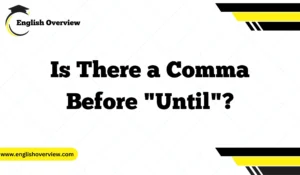When we talk about giving notice for something, we often say things like “24 hours notice.” But, have you ever stopped to think about the correct way to write it? Is it “24 hours notice,” “24 hours’ notice,” or something else? Let’s break it down in a simple way, so everyone can understand. We’re going to explore the singular possessive, plural possessive, and plural forms.
What Are We Talking About?

First, let’s understand what we mean by singular, plural, and possessive forms:
- Singular refers to one item or instance.
- Plural means more than one.
- Possessive shows ownership.
When we talk about “24 hours notice,” we are dealing with time and notification. It’s about giving someone a heads-up 24 hours before something happens.
The Right Way to Write It
To understand the correct form, let’s use a table. This will help us see the difference between singular possessive, plural possessive, and plural forms.
| Form | Example | Explanation |
| Singular | Hour’s Notice | Used if we’re talking about a single hour. Not common. |
| Plural | Hours Notice | Refers to multiple hours but misses the possessive aspect. |
| Plural Possessive | 24 Hours’ Notice | Correct form when talking about the notice of 24 hours. |
Why “24 Hours’ Notice” Is Correct
The term “24 hours’ notice” is correct because it shows that the notice belongs to the 24 hours. It’s a way of saying that the notice period is 24 hours long. The apostrophe after “hours” makes it possessive, meaning the notice period of 24 hours owns the notice.
Common Mistakes
- Forgetting the apostrophe: “24 hours notice” is a common mistake. It misses the possessive aspect, which is crucial for showing ownership.
- Using it in singular: Saying “24 hour’s notice” as if it’s for a single hour, which is incorrect for this context since we’re talking about 24 hours.
Read More: Understanding “Dollar’s,” “Dollars’,” and “Dollars Worth”
How to Remember the Correct Form
Think of the notice as something that the hours possess. Just like “John’s book” means the book belongs to John, “24 hours’ notice” means the notice belongs to the 24 hours.
Examples in Sentences
- Correct: “We require 24 hours’ notice for cancellations.”
- Incorrect: “We require 24 hour’s notice for cancellations.”
- Incorrect: “We require 24 hours notice for cancellations.”
Conclusion
When you’re talking about giving someone a heads-up with a time frame, remember to use the possessive form. “24 hours’ notice” is the correct way to write it because it shows that the notice belongs to the 24 hours. Now, next time you write an email or a letter requiring a notice period, you’ll know exactly how to phrase it!
Remember, English can be tricky with its rules, but with a little practice, it becomes easier to remember these details. Use our table as a guide whenever you’re unsure, and you’ll master the possessive forms in no time!
FAQ
Q: Can I use “24 hours notice” in informal writing?
A: While “24 hours’ notice” is technically correct, many people use “24 hours notice” in informal situations. However, for formal writing, stick to the correct possessive form.
Q: Why is the apostrophe so important?
A: The apostrophe indicates possession. Without it, the meaning can be unclear or incorrect. It helps readers understand that the time period owns the notice.
Q: Is it ever correct to use “24 hour’s notice”?
A: No, because “24 hour’s” suggests that only one hour is giving notice, which contradicts the time period of 24 hours. Always use “24 hours’ notice” for the correct plural possessive form.

Ethan Richards is currently an English instructor at a university. She has experience in teaching and assessing English tests including TOEFL, IELTS, BULATS, FCE, CAE, and PTEG. With over a decade of teaching expertise, Ethan Richards utilizes his knowledge to develop English lessons for her audience on English Overview.


















